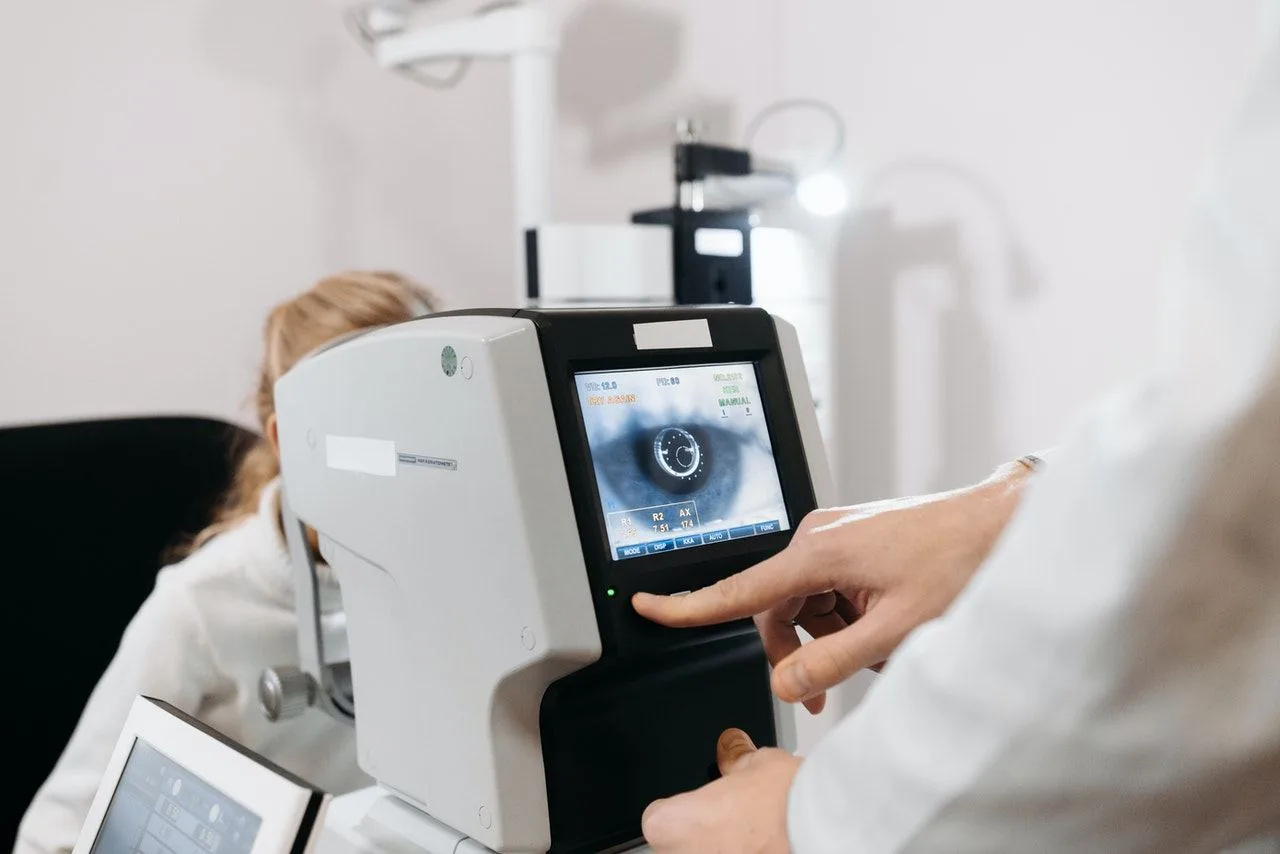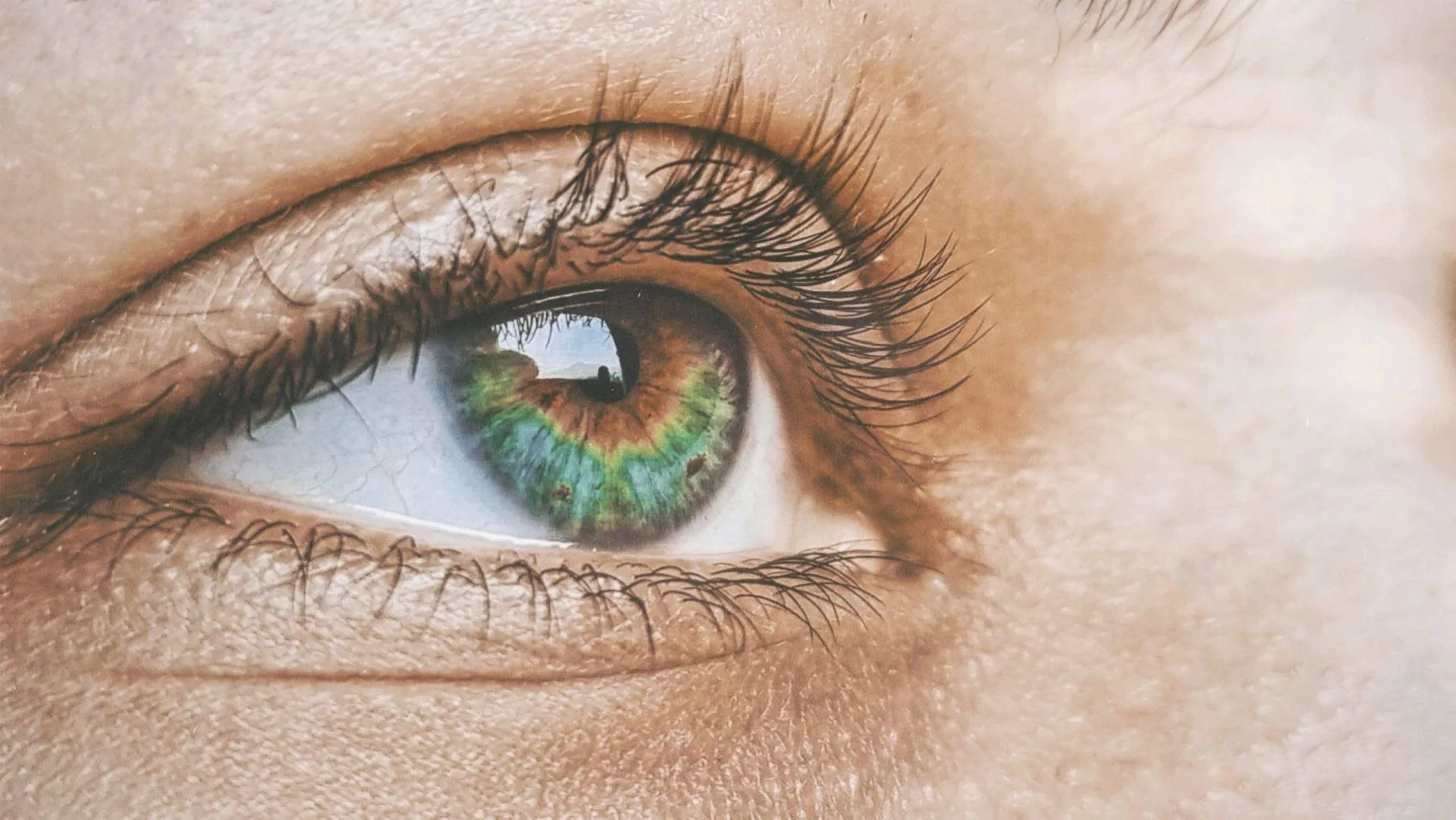Out of all of our sensory organs, our eyes are the most essential. By keeping your eyes healthy, you will be able to enjoy a high quality of life.
Protecting your eyes will also reduce the risk that you will lose your vision in the future. Contact lenses or glasses are often prescribed to help people who are visually impaired.
However, some vision problems cannot be treated with contact lenses or glasses. Instead, your doctor may recommend eye surgery to help improve your eyesight or treat your eye disorder.
Those who do not like wearing contacts or glasses may also be eligible for a vision correction procedure. Here, we will discuss some of the latest vision correction surgeries that you should be aware of.
What Is Vision Correction Surgery?
Vision correction surgery focuses on reshaping the lens or cornea so that light can be focused on the correct area of the patient’s retina. In the beginning, vision correction surgeries were somewhat primitive.
Complications were likely, and it took patients several weeks to recover from their eye operations. Many also experienced pain as they recovered.
Fortunately, we have come a long way since then, as today’s vision correction surgeries are truly revolutionary. Vision correction surgery can be used to treat a wide array of eye problems and disorders, including presbyopia, astigmatism, hyperopia, and myopia as well.

Photo by Pavel Danilyuk from Pexels
Different Vision Correction Surgeries
LASIK
LASIK eye surgery is also known as Laser In-Situ Keratomileusis. Patients with astigmatism, farsightedness, or nearsightedness can have their vision restored with LASIK eye surgery.
A state-of-the-art laser is used to restructure the patient’s cornea so that the light that enters the eye is focused in a precise manner—96% of patients who undergo LASIK report noticeable improvements in their vision after just a few days.
Numbing drops are used before the surgeon administers the laser, so pain is rarely an issue. The risk of complications is quite low with LASIK, and most patients can resume their normal activities after a few days.
SMILE surgery
SMILE eye surgery has also increased in popularity in recent years. It is a top-of-the-line treatment that the FDA recently approved to treat very severe myopia.
A leading-edge laser is used to make a tiny incision in the cornea of the patient. The patient’s lenticule is then gently extracted from their eye. SMILE vision correction surgery is a very quick procedure that is also very effective at treating moderate to severe myopia.
PRK surgery
A licensed vision surgeon usually performs PRK eye surgery. The vision surgeon will use an excimer laser that is quite sharp to change the lens’s curvature permanently.
The surgical site will need to be kept sterile to prevent an infection from developing. To do so, the vision surgeon will set non-prescription contacts over both eyes of the patient. Strenuous and dangerous activities, such as vigorous exercise and contact sports, should be avoided for at least one month after PRK eye surgery for the eyes to heal fully.
Eye surgery is important and is frequently used in many countries to treat many eye conditions and disorders. Please speak to an eye surgeon in your area to determine if you are a viable candidate for vision correction surgery.
How Do I Prepare For Vision Correction Surgery?
You will first need to determine if you are the right candidate for vision correction surgery. If you have rheumatoid arthritis, lupus, or diabetes, you may not be eligible for vision correction surgery.

Photo by Elizaveta Dushechkina from Pexels
Certain eye procedures will also not be performed on children under 18, as their eyes may still be in the early development stages. Pregnant women may also not qualify for certain procedures, and patients who take certain medications (i.e., blood thinners) may also not be eligible. Before speaking to your doctor, ensure you bring a full list of your medications with you to the clinic. They may also ask you to stop taking a few of your drugs a few days before the surgery occurs.
A proper eye examination is also a must before the surgery. The surgeon will need an accurate assessment of the current health of your eyes before determining if you are the right candidate for vision correction surgery. Also, you should not wear contact lenses for at least one week before the day of your procedure.
Your doctor may also ask that you abstain from alcohol, cigarettes, and caffeine before and after the procedure, as such substances may impede the healing of your eyes or may cause other serious complications. Staying hydrated is also key, not just before your eye surgery, but also in your day-to-day life. Also, do not hesitate to ask your surgeon any questions that you may have. By being honest and transparent, the risk of complications after the operation will be greatly diminished.
Do Not Take Your Eyes for Granted
Clear eyesight is virtually a must if you want to perform your daily tasks without much difficulty. Several different surgical options are currently available for people with poor or impaired vision.
Virtually all available procedures can be completed in a single session, and many only take about 15 to 30 minutes to complete. Numbing drops are usually administered before the surgery so that the patient will be comfortable and relaxed. Your current health, age, medical history, and eye disorders will help determine which procedure is best suited to treat your eye problem. If you are deemed a poor candidate for vision correction surgery, your doctor will offer you alternative treatment options to treat your eye condition.
Erin Gregory is a blogger in Toronto. She is currently working as a Community Manager for several small businesses.
She graduated with honors from the University of British Columbia with a dual degree in Business Administration and Creative Writing.




![women [longevity live]](https://longevitylive.com/wp-content/uploads/2020/01/photo-of-women-walking-down-the-street-1116984-100x100.jpg)










